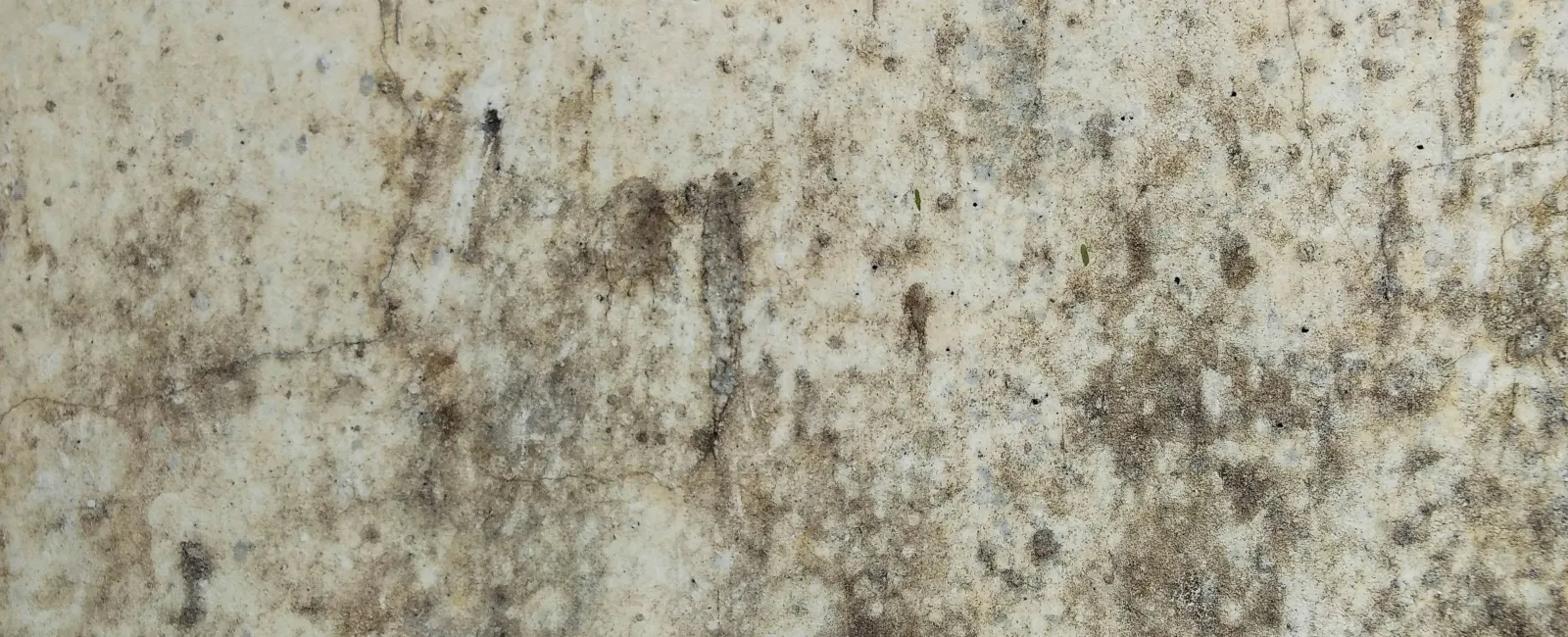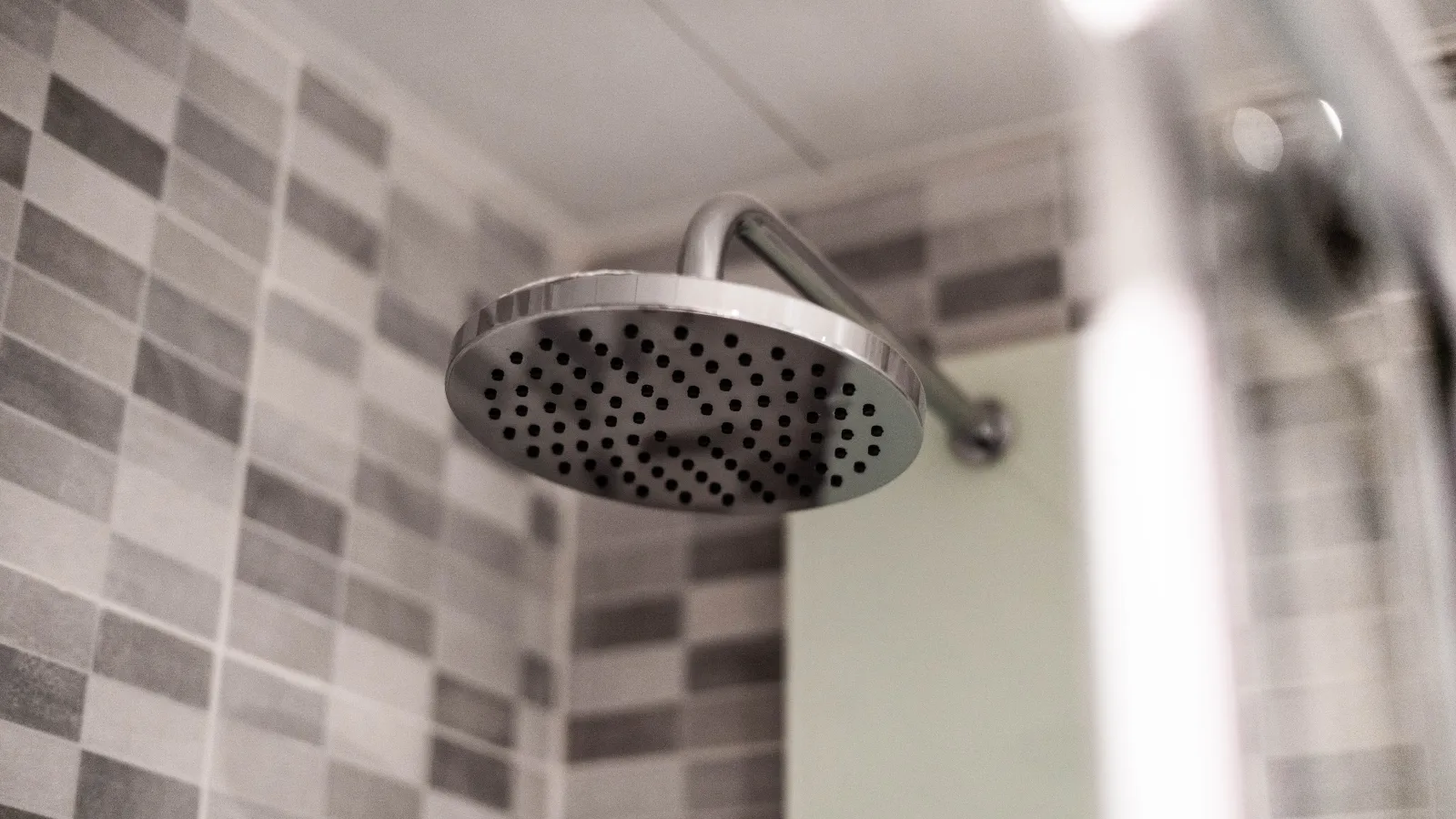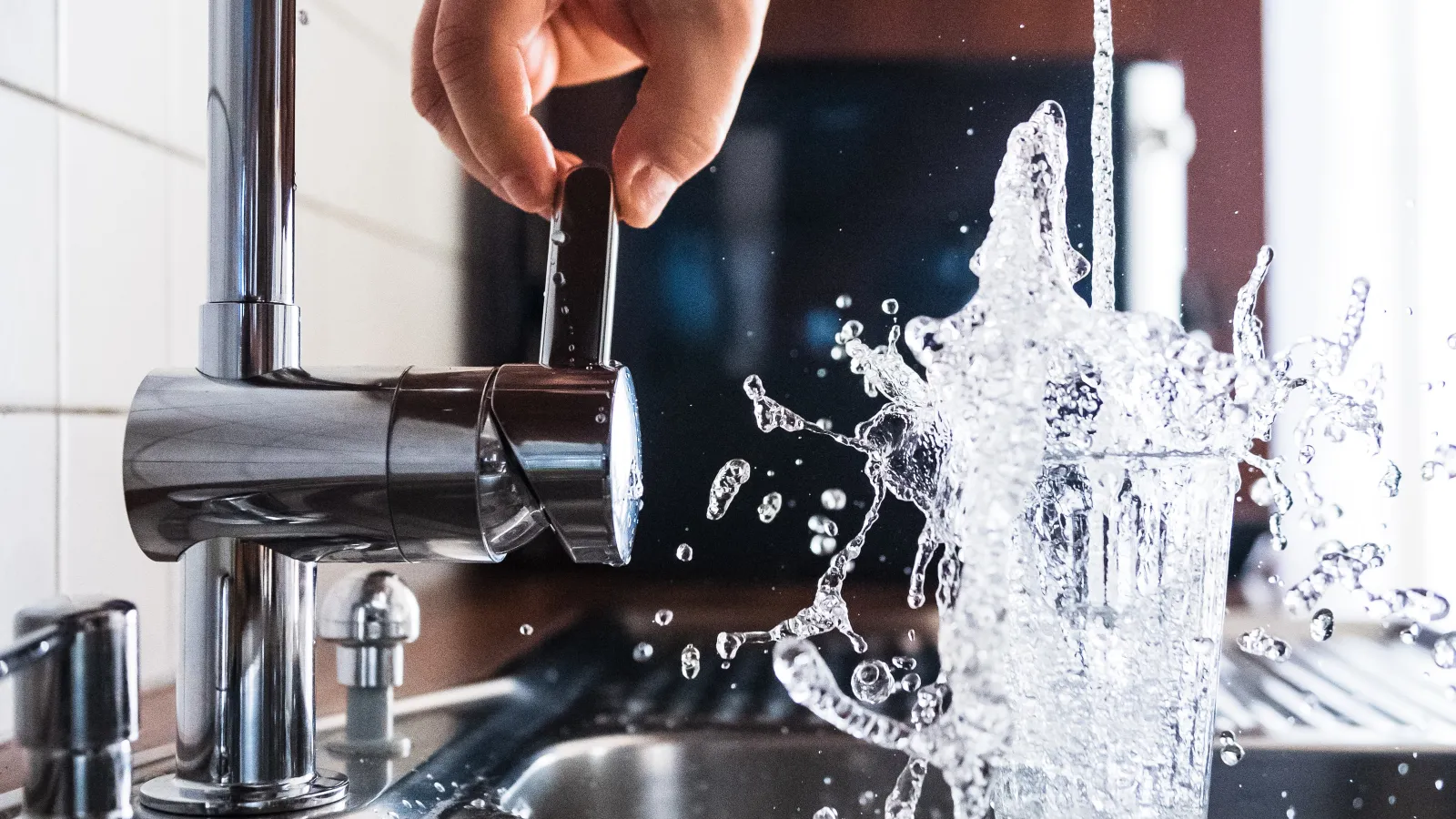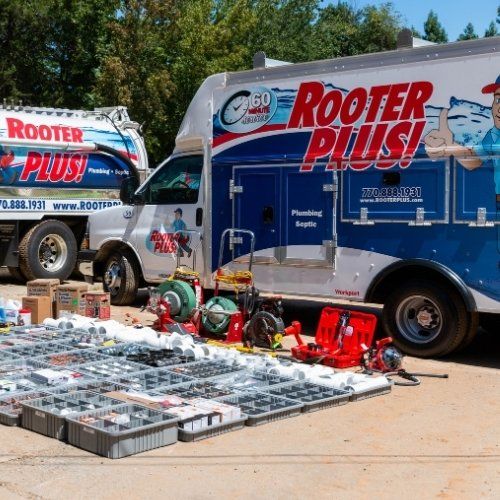July 24, 2025
Ever walk into your home and notice a damp, stale, almost earthy odor lingering in the air? That's a musty smell, and it's not just unpleasant. It's a sign that something may be off behind the walls, under the floors, or even in your HVAC system. A musty smell in house settings usually points to excess moisture and hidden mildew or mold growth. If you've been wondering, "Why does my house smell musty?" especially here in humid Atlanta, GA, you're not alone.
This article breaks down the most common causes of musty smells, what to do about them, and when it's time to call in a pro like RooterPLUS! for help. We'll walk through causes, solutions, and even answer common questions like why is it so humid in my house? or why does my bedroom smell musty?
Why Does My House Smell Musty?
A musty smell is often caused by mold or mildew, both of which thrive in damp, poorly ventilated spaces. These odors aren't just gross. They're chemical byproducts released during the growth cycle of fungus, known as MVOCs (microbial volatile organic compounds). Think of them as warning signals from your home telling you there's a moisture issue you need to deal with.
Common Places That Trap Musty Smells
-
Basements: Often dark, damp, and cool. Ideal for mold.
-
Bathrooms: Poor ventilation after hot showers can lead to mildew growth.
-
Kitchens: Under-sink leaks and garbage disposals can harbor bacteria and mold.
-
Laundry Rooms: Front-load washers and poor drainage are common culprits.
-
Bedrooms: Especially when furniture is placed against exterior walls or in humid climates like Georgia.
If your bedroom smells musty, check behind furniture, under the bed, and in closets. Lingering humidity and limited airflow can allow mildew to quietly take hold in these areas.
The Connection Between Humidity and That Mildew Smell in House
Humidity is often the root of the problem. If you're constantly asking, why is my house so humid? or why is it so humid in my house even with the AC on?, it's likely because of poor airflow, leaks, or HVAC issues.
Atlanta's climate is famously humid. Between heavy rainfall and sweltering summer heat, local homes can become traps for indoor moisture. That moisture seeps into porous surfaces like drywall, carpets, or even insulation. If left untreated, it creates the perfect environment for mildew and mold.
What Triggers Excess Humidity Indoors?
-
Leaky pipes or roofing
-
Clogged drainage systems
-
Condensation on windows or walls
-
Drying clothes indoors without ventilation
-
Improper bathroom or kitchen ventilation
If you're in Georgia, this issue is magnified. Why is Georgia so humid? It's a mix of subtropical climate, heavy vegetation, and moisture from the Gulf of Mexico. This means homes in Atlanta are naturally more prone to the conditions that lead to musty smells.
Signs You Have a Moisture or Mold Problem
Here are some early red flags that go beyond just the smell:
-
Visible mold patches on walls, ceilings, or around vents
-
Peeling paint or wallpaper
-
Warped wood around windows or baseboards
-
Foggy windows indicating condensation
-
Unexplained allergy symptoms like sneezing or itchy eyes
-
Persistent musty smell even after cleaning
These issues tend to start small but can grow quickly if not addressed.
How to Get Rid of a Musty Smell in Your House
Before you light candles or plug in a room freshener, remember that those only mask the smell. They don't fix it. The only real solution is to find the source of the moisture and eliminate it.
Step-by-Step Guide to Stop the Musty Odor
-
Find the Source
Use your nose, but also inspect high-risk areas. Moisture meters can help detect hidden dampness in walls or floors. -
Ventilate the Area
Open windows and run exhaust fans in bathrooms and kitchens. If your home doesn't have fans, consider installing some or use portable dehumidifiers. -
Clean or Remove Contaminated Materials
Wash or professionally clean carpets, bedding, and curtains. Use bleach-based cleaners to wipe away mold on hard surfaces. For porous materials like drywall or insulation, removal may be the only option. -
Control Humidity
Invest in a whole-home dehumidifier or upgrade your HVAC system. Aim to keep humidity below 50 percent to prevent future mildew growth. -
Fix Plumbing or Structural Issues
Slow leaks or poor drainage may be the silent source of your problem. This is where a professional like RooterPLUS! can help find and repair hidden plumbing issues. -
Prevent Future Growth
Use moisture barriers in crawlspaces. Keep furniture a few inches away from walls for better airflow. Use mold-resistant paint in bathrooms or basements.
Why Does My Bedroom Smell Musty?
Bedrooms often trap smells due to limited airflow. If you close your door at night or keep the windows shut all day, you might be inviting moisture to hang around. Dirty laundry, spills, plants, or even sweating while you sleep can all contribute to humidity in a bedroom. Toss in an older HVAC filter or blocked air vent, and you've got a recipe for that dreaded mildew smell.
Fixes for a Musty Bedroom:
-
Wash bedding and curtains regularly
-
Use moisture absorbers like silica gel or DampRid
-
Clean under the bed and behind dressers monthly
-
Consider an air purifier with a HEPA filter
When to Call in a Professional
Sometimes the issue is bigger than what DIY can handle. If the musty smell persists no matter how much you clean, or if you find visible mold that covers more than 10 square feet, it's time to bring in a pro.
RooterPLUS! serves the Atlanta area with plumbing, drainage, and moisture control solutions. We can diagnose the source of your home's musty smell and recommend long-term fixes that go beyond air fresheners or surface cleaning.
Conclusion: Don't Ignore That Musty Smell in House Settings
A musty smell in your home isn't just annoying. It's a red flag. Whether it's mildew under the carpet, condensation in your HVAC system, or a leak behind the drywall, ignoring it can lead to bigger issues like mold damage or health problems.
If you're in Atlanta, GA, where humidity is always in play, staying proactive is key. Clean regularly, ventilate thoroughly, and if needed, don't hesitate to call in help.
Need Help Tackling That Damp Smell?
Whether you're dealing with a bedroom that smells musty or a persistent damp smell in your house, the team at RooterPLUS! is ready to help. We'll track down the source, make necessary repairs, and ensure your home stays dry, healthy, and comfortable.
Call RooterPLUS! today to schedule a home inspection and finally breathe easy again.








